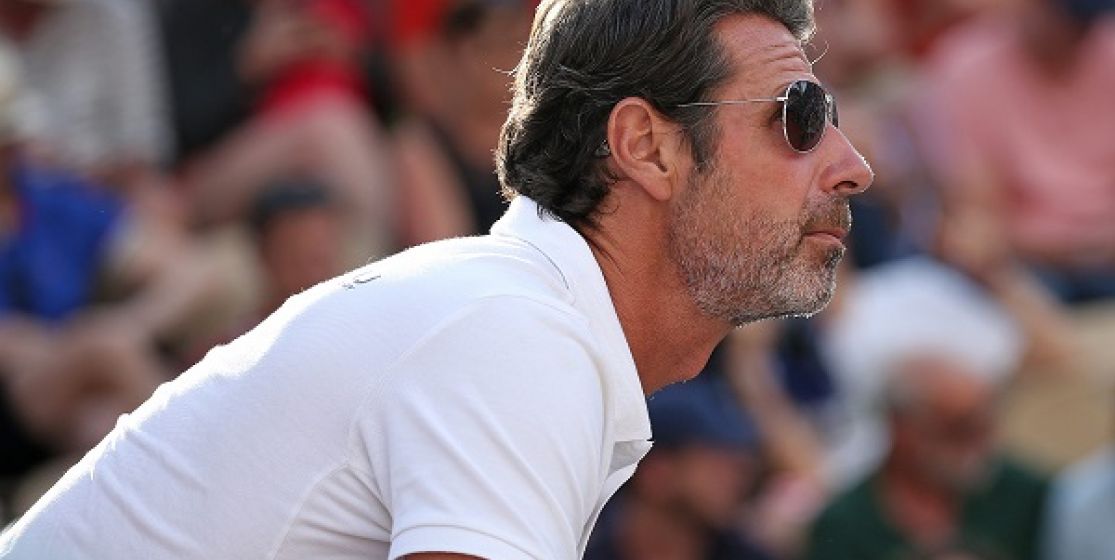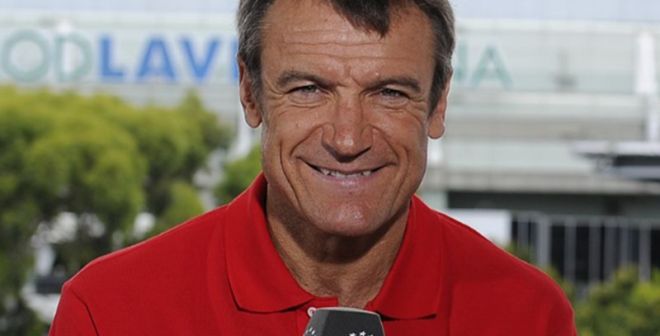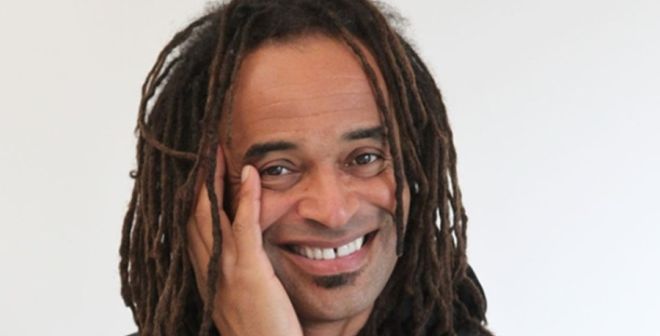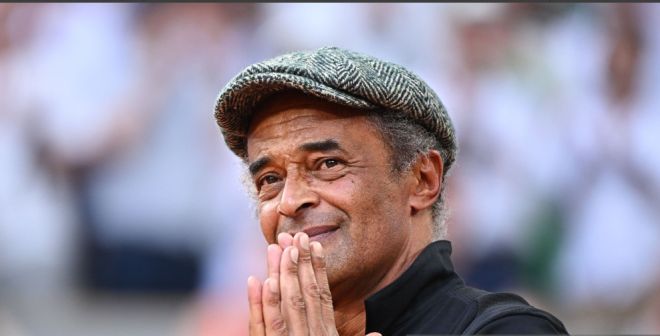It is amusing to say the least that Patrick Mouratoglou is advocating on-court across the board when the player who made him somewhat of a name, Serena Williams, is one that does not use on-court coaching.
He says the “matter has always been important to me not only because I am a coach myself, but also because it is symptomatic of the confrontation between two ways of thinking: the conservative, traditionalist way and the modern, progressive way”.
He breaks his views down into four sections:
1. Coaching deserves to be recognised and valued
2. Because tennis is the only sport where coaching isn’t front and centre
3. Because on-court coaching helps increase the quality of the sporting show and resolves a lot of issues our sport is facing
4. Because it’s time to stop the hypocrisy surrounding coaching
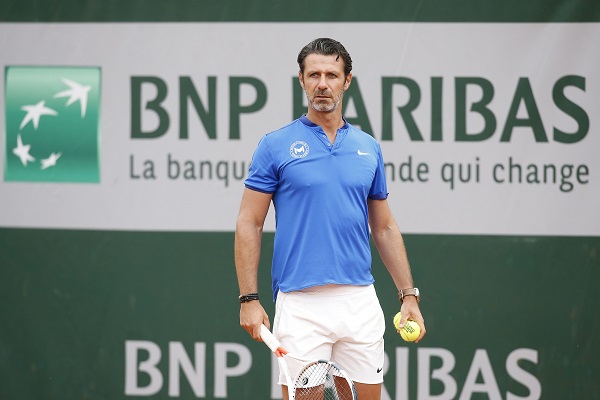
Let’s look at each one:
Recognition and Value – the coach is not the star, the player is. If the coach wants public recognition then do something else. The coach should not be a publicity hound. The good ones are recognised and anyway who says the coach is not recognised or valued? Do they really need to be in the headlines? Players frequently refer to their coaches. Mr. Mouratoglou is someone who appears to canvas the attention and maybe there is not enough of it for him. I have not heard any coach say they are not recognised enough. A sort of analogy would be the director of a movie getting the publicity rather than the actor. And has he not received enough recognition personally and value for his academy by the sheer fact of who hired him.
Coaching is not Front and Centre in Tennis – why should that be so important and why does this sport have to keep being compared to other sports? Let’s not forget that tennis is an INDIVIDUAL sport. The player needs to think for them self and not be so dependent on someone else. They struggle to make decisions. We saw that in the juniors; at the US Open where players were allowed to consult coaches and it was non-stop, these youngsters were robots. That sort of attitude will also end up translating into everyday life. It is not a mentally healthy situation.
On-court Coaching Helps Quality – there is absolutely no evidence of that. What is seen in women’s tennis shows that. There is a view that it brings the audience close to the action. Really? What happens when the coach skips out on wearing the mic when going on court to speak to his charge and/or converses with the player in a language other than English? It has no bearing on quality and in fact highlights arguments between player and coach and that’s fine if you want to watch something akin to a tabloid reality show. And there are times when this is not a level playing field.
Hypocrisy Surrounding Coaching – this is the one aspect I might have a modicum of agreement with Mouratoglou. Yes, coaching does happen from the stands and he for one was caught out during the US Open women’s final. He put his player in a very difficult position. As mentioned at the start, Serena Williams does not accept coaching, but he admitted to the fact that he was conducting hand signals. You got to ask what for, why, when she doesn’t accept coaching? His excuse that “everyone does it” was immature. One way to trail getting illegal coaching stopped, would be to have the coach, or whoever is coaching removed from the stands for the remainder of the match, as well as warning the player.
It is a decade since the WTA allowed on-court coaching during their events (thankfully excluded at the majors to now and hopefully that does not change) but there has been no real analysis on how things have improved or changed. Players will say they love it because it takes away their onus of responsibility, it’s become like Linus’ blanket, a security measure and that’s disappointing.
In my view there is nothing “progressive”, as Mouratoglou puts it, with on-court coaching.


